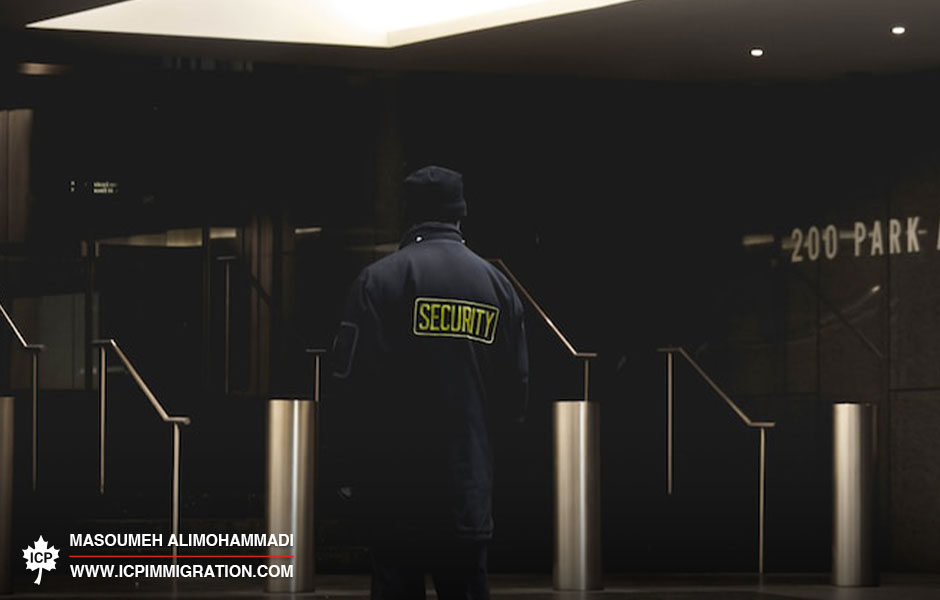Quarterly CBSA detention statistics show that Canada separates detained persons based on seven different “grounds for detention”. The list of reasons for detaining immigrants includes:
- Examination: “To get more information from an individual to complete the examination, [officers may detain a migrant]. An examination can be as simple as a few questions [or involve assessing] the person’s personal belongings, [conducting] more intensive questioning, or [executing] personal searches”
- Suspicion of inadmissibility (serious/organized criminality)
- Suspicion of inadmissibility (security)
- Suspicion of inadmissibility (human/international rights violation)
- Inability to verify identity
- Danger to the public
- Unlikely to appear: One “may be detained if an officer believes [they are] unlikely to appear for [an] examination … admissibility hearing, removal from Canada or at a proceeding that could lead to the making of a removal order”
What are the consequences of immigration detention?
According to the Human Rights Watch, report, immigration detainees are often “held for non-criminal purposes but endure some of the most restrictive conditions of confinement in the country … with no set release date.” In fact, of the 1,225 immigrant detainees in the system during Q4 of the 2021-22 fiscal year, 481 people were detained for 24 hours or less while 243 remained in custody for between 10 and 39 days. An additional 99 detainees were held by CBSA for 40 days or more.
How does Canada alter immigration detention?
As of the time of writing, four Canadian provinces have terminated their immigrant detention contracts with CBSA. This means that they will no longer be holding immigrants in provincial jails.
The first province to end its CBSA detention contract was British Columbia, which announced its decision on July 21, 2022. Nova Scotia then followed that lead on September 21. Since then, Alberta and Manitoba have declared the same intention, for which all four provinces (and any that make this change afterwards) must provide CBSA with a 12-month written notice.
Human Rights Watch’s #WelcometoCanada campaign hopes to push the Canadian federal government toward completely abolishing immigration detention.




